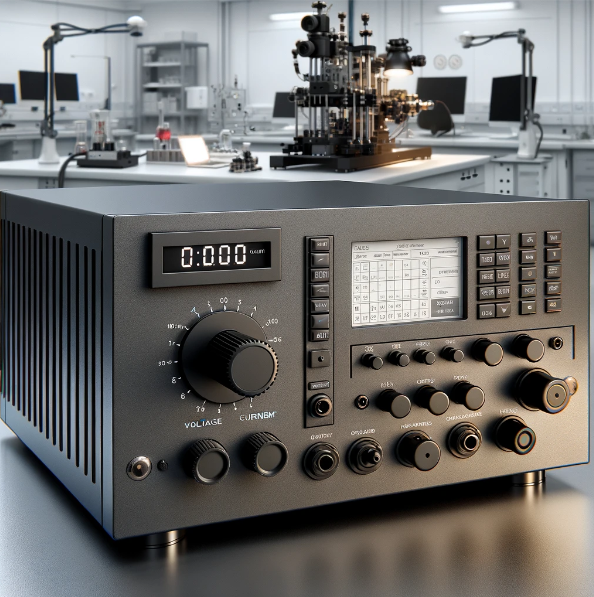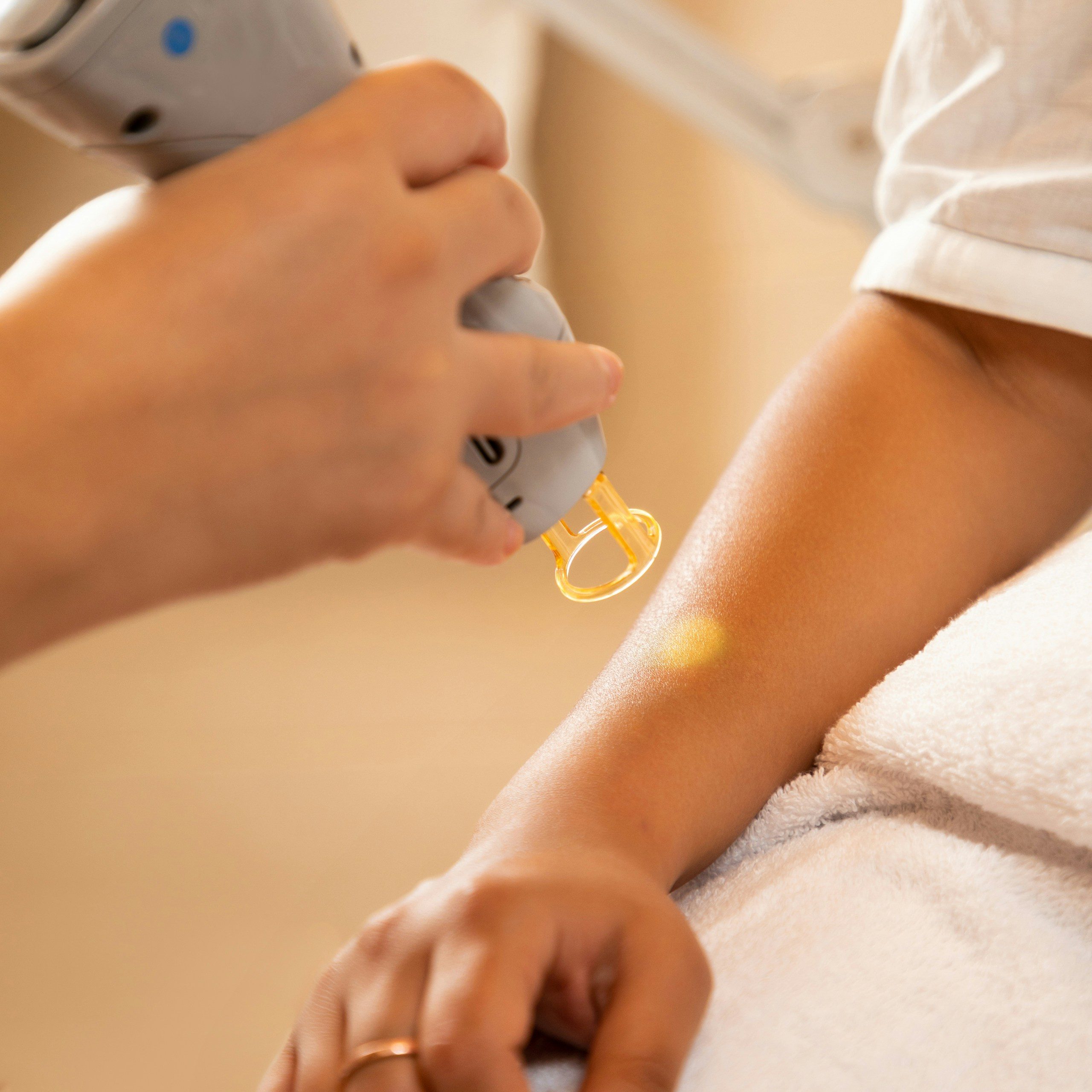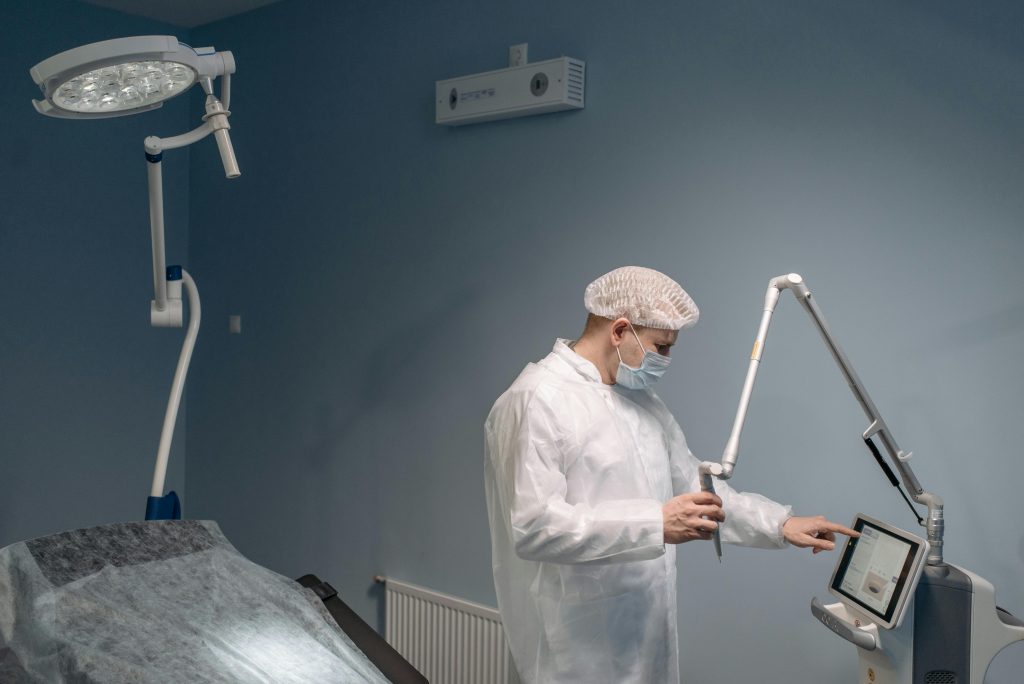Laser technology has transformed the landscape of medical treatments, offering a level of precision and efficiency previously unimaginable. At the heart of this technological leap are laser diode controllers, devices that ensure medical lasers perform with the exactitude necessary for delicate procedures. This blog delves into the role of laser diode controllers in medical applications, shedding light on how they enhance both the safety and efficacy of laser-based treatments.

What Are Laser Diode Controllers?
Laser diode controllers are specialized devices engineered to precisely manage the operation of laser diodes. These diodes are critical components of laser equipment, emitting the high-intensity light used in various medical procedures. The controllers regulate power output, maintain optimal temperature, and ensure consistent performance of the laser diode. Given the high stakes of medical applications, the ability of these controllers to deliver stable and precise laser output is non-negotiable.
Applications of Laser Diode Controllers in Medical Field
Surgical Procedures: The precision of laser diode controllers is a boon for surgery, enabling surgeons to meticulously cut, cauterize, or obliterate tissue with minimal damage to adjacent areas. This precision is particularly crucial in surgeries within the neurosurgical and cardiovascular realms, where the margin for error is slim. Controllers adjust the laser’s power and duration in real-time, tailoring the treatment to the specific needs of the procedure and patient.

Dermatology: In dermatology, laser diode controllers facilitate a broad spectrum of skin treatments, from acne and scar reduction to the treatment of photodamage. By fine-tuning the laser’s parameters, dermatologists can adapt the treatment to various skin types and conditions, ensuring the safest and most effective outcomes. This adaptability allows for personalized treatments, significantly improving patient satisfaction and results.
Ophthalmology: Eye care professionals leverage laser diode controllers for precision in corrective surgeries such as LASIK, as well as in treating retinal diseases. The controllers’ ability to finely adjust laser intensity and pulse duration ensures that procedures are both safe and effective, offering patients improved vision with reduced risk of complications.
Advantages of Using Laser Diode Controllers in Medical Applications
The incorporation of laser diode controllers in medical laser systems brings about numerous benefits:

Enhanced Precision and Safety: These controllers allow for the meticulous adjustment of laser parameters, significantly reducing the risk of damaging surrounding tissues. This level of control is critical for patient safety and the success of medical procedures.
Improved Treatment Outcomes: Precise control over laser application leads to better healing and cosmetic results, as treatments can be tailored more closely to patient needs.
Versatility and Adaptability: The flexibility of laser diode controllers means they can be configured for a wide array of procedures and patient requirements, enhancing the utility of laser technology in medicine.
Despite their benefits, integrating laser diode controllers into medical devices presents challenges. Ensuring these controllers meet the stringent standards required for medical equipment, including miniaturization for handheld devices and efficient power management, demands ongoing innovation. Additionally, maintaining compliance with medical regulations and ensuring patient safety necessitate rigorous testing and quality assurance.
Conclusion
Laser diode controllers are instrumental in the advancement of laser technology in medical applications. By providing precise control over laser output, these devices enhance the safety, efficacy, and versatility of laser-based treatments. As technology continues to evolve, the significance of laser diode controllers in the medical field is set to increase, promising even better outcomes for patients worldwide. The synergy between laser technology and medical science epitomizes the potential of modern technology to improve health care, underscoring the importance of continuous research and development in this area.